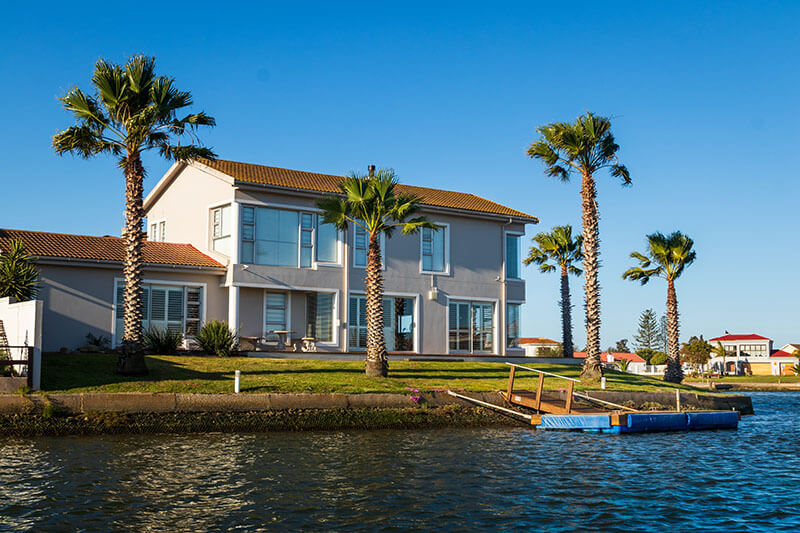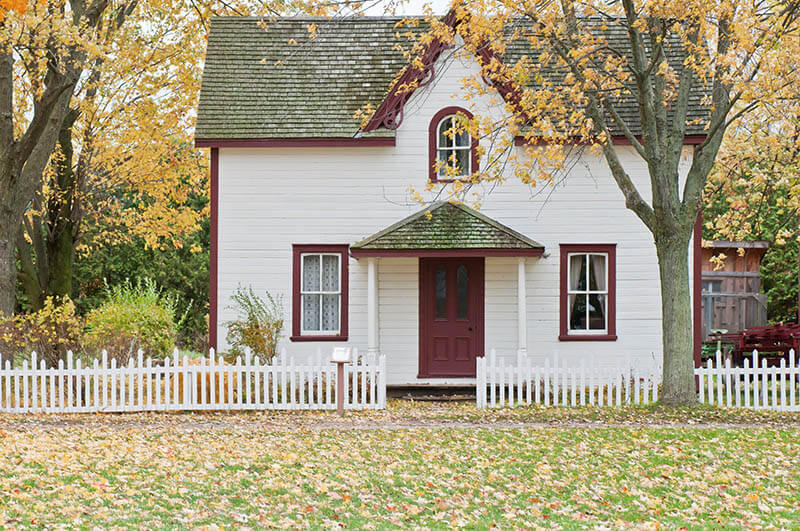
Why Your Estate Plan Deserves as Much Attention as Your Resume

A resume is a document that shows employers what experience, skills, and education you have, and how you might perform in a job. If you haven’t updated your resume in years, it might not accurately show your abilities. Similarly, estate plans need to be updated regularly to reflect changes in your life and the law. If you don’t update your estate plan, it might not work the way you want it to. So, just like with resumes, outdated estate plans won’t be very helpful.
Take a Moment to Reflect
Take a moment to think about all the things that have happened in your life since you last signed your will, trust agreement, and other estate planning documents. Have there been any changes that could impact you, your helpers, or your beneficiaries? If so, then your estate plan might need to be updated to account for those changes.
Here are some examples of significant changes that would require an estate plan review and possible updates:
- A new family member that you want to provide for in your estate plan
- You, a trusted decision maker, or a beneficiary got married or divorced
- A loved one passed away or is now disabled
- You or a loved one is now suffering some health challenges
- Your trusted decision makers is now incapacitated
- Your financial status has changed either for better or worse
- You, a trusted decision maker, or a beneficiary moved to a new state
Don’t Procrastinate on Estate Planning
Most people tend to put estate planning at the bottom of their to-do list and forget about it once it’s done. However, estate planning is not a one-time task, it requires ongoing attention and review. It’s important to take the time to review your estate plan regularly, just like you would update your resume or meet with your doctor or financial advisor. By doing this, you can make sure that your estate plan is up-to-date and reflects your current needs and the needs of your loved ones.
To make sure that you actually follow through with this, you should schedule an appointment with us to review your estate plan. This way, it will be on your calendar and you won’t forget about it.
Updating your estate plan is the best way to make sure it will accomplish exactly what you want it to do.











